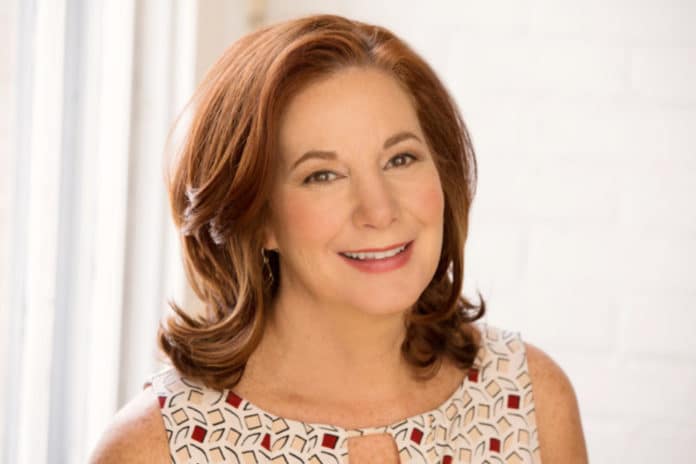There’s a movement afoot to recalibrate our culture. The weapon of choice, cancel culture, occurs when individuals or groups pressure others with whom they disagree into silence or submission — or even out of a job.
It’s rocked the academic, political, business, and sports/entertainment worlds. Comedians, professors, and executives have been ostracized for making statements deemed objectionable by individuals or organizations that don’t use their inside voices.
If you’re not on Twitter and don’t follow football, you might have missed the latest public flogging involving Jack Del Rio, defensive coordinator for the (renamed) Washington Commanders.
As Congress was preparing for a prime-time debut of its Jan. 6 probe, Jack Del Rio took to Twitter, stating:
“Would love to understand ‘the whole story’ about why the summer of riots, looting, burning and the destruction of personal property is never discussed but this is??? #CommonSense.”
Uh oh.
Jack Del Rio, let me introduce you to cancel culture.
Del Rio went on defense as he took hits for suggesting the protracted death and destruction that took place on American streets was as worthy of investigation as chaos at the United States Capitol.
When questioned by reporters, Del Rio defended a right many considered as American as apple pie.
“I express myself as an American — we have that ability. I love this country, and I believe what I believe, and I’ve said what I want to say. Every now and then, there’s some people that get offended by it.”
Initially, Head Coach Ron Rivera responded by saying, “Our organization will not tolerate any equivalency between those who demanded justice in the wake of George Floyd’s murder and the actions of those on January 6 who sought to topple our government.”
Then he said the real problem was Del Rio’s remarks created a distraction within the organization.
Since Del Rio’s views did not align with the organization’s views, he was fined $100,000.
He apologized and deleted his Twitter account.
Del Rio seemed to assume the First Amendment afforded him the right to express himself.
But the First Amendment reads:
“Congress shall make no law respecting an establishment of religion or prohibiting the free exercise thereof; or abridging the freedom of speech, or of the press; or the right of the people peaceably to assemble, and to petition the Government for a redress of grievances.”
Free speech in the workplace is governed more by cultural norms than by the Constitution.
The First Amendment doesn’t prohibit a private business from limiting what an employee can and cannot say.
So, the issue is more about what our society will abide than what the Constitution allows.
My generation learned that sticks and stones will break our bones, but words will never hurt us.
We were taught that the American way was to agree to disagree, even if we thought a statement was stupid, insulting, or even hurtful.
Not any longer.
As social media platforms have become the public square, our interactions have become coarse and caustic.
The rules have changed, though it’s unclear who’s making the new ones.
Often hiding behind Twitter handles and keyboards, maybe even in safe spaces, some citizens are exerting tremendous power as they seek to proscribe speech because it makes them uncomfortable.
In fact, they’re trying to assure we conform to one point of view. Because the new reality is that for many in our society, diversity doesn’t extend to traditional values and behavior.
Professional athletes are allowed to make a silent statement by kneeling during the national anthem.
Teams can honor controversial causes with patches on helmets and uniforms.
Go along and you’ll get along.
Push back and you may be pushed out.
Or called a racist or a white supremacist.
As thousands are trekking across our southern border in search of a better life, the U.S. is experiencing an identity crisis.
Are we still the land of the free?
Or are we merely a silhouette of a country that once embodied free speech and respected diverse opinions?
If cancel culture persists, any one of us might be forced to decide how much we’re willing — or able — to pay and how much we’re willing — or able — to forfeit to preserve a coveted right we took for granted.
For Jack Del Rio, the price of free speech was $100,000, an apology, and a Twitter account.
What might it be for you?

















